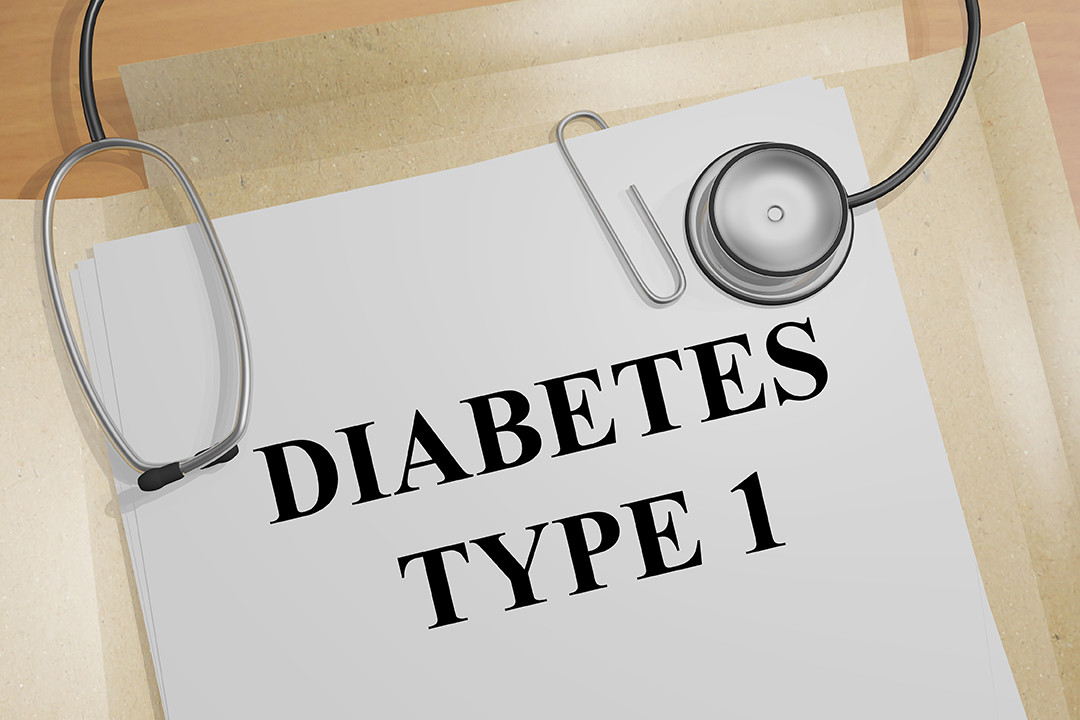Unlike type 2 diabetes, type 1 diabetes is a condition where the patient is totally dependent on external insulin. And, when compared to the number of people type 2 diabetes, the incidence of type 1 diabetes is low. However, there is an increase in the number of reported cases (roughly 3-5%) every year in India.
Autoimmune disorder
Type 1 diabetes is an autoimmune condition in which there is destruction of the beta cells in the pancreas. This leads to total insulin deficiency. This type of diabetes has a strong hereditary connection.
People with a family history of type 1 diabetes are likely to get this condition and siblings are more likely to get it.
Generally, people with type 1 diabetes present themselves in the hospital with symptoms of high blood sugars (hyperglycemia) and ketoacidosis. Ketoacidosis is a serious condition that is characterized by very high level of ketones in the body along with high blood sugar levels.
In type 1 diabetes, there is either a defect in the immune system that leads to the destruction of the beta cells or there is a dysfunction of the pancreas due to various reasons.
Beta cells of the pancreas are destroyed due to an erroneous interaction between the genes of the immune system and the genes of the islet of Langerhans where the beta cells are present.
Research also suggests that the destruction of the beta cells is a due to autoantibodies. These are proteins produced by the immune system. Autoantibodies attack the body’s own organs, and tissues resulting in diseases like Celiac disease, Sjogren’s syndrome and type 1 diabetes.
Environment
Some children may get type 1 diabetes due to certain environmental factors. It has been found that exposure to some environments trigger the autoimmune factor that is responsible for the destruction of the beta cells in the pancreas.
People who have genes susceptible to type 1 diabetes when exposed to certain environments are known to get type 1 diabetes. In fact, this can even happen in the perinatal stage (even before birth). If the mother of the patient has certain infections like rubella, or enterovirus during pregnancy, it increases the chances of the newborn getting type 1 diabetes considerably.
Research is also under way to evaluate the role of dietary factors for type 1 diabetes. Intake of certain dietary nutrients (and lack of it) after the childbirth is associated with type 1 diabetes. Studies are also under progress to evaluate the relationship between the introductions of cereals (containing gluten) in the diet of the newborn (before three months) and type 1 diabetes.











